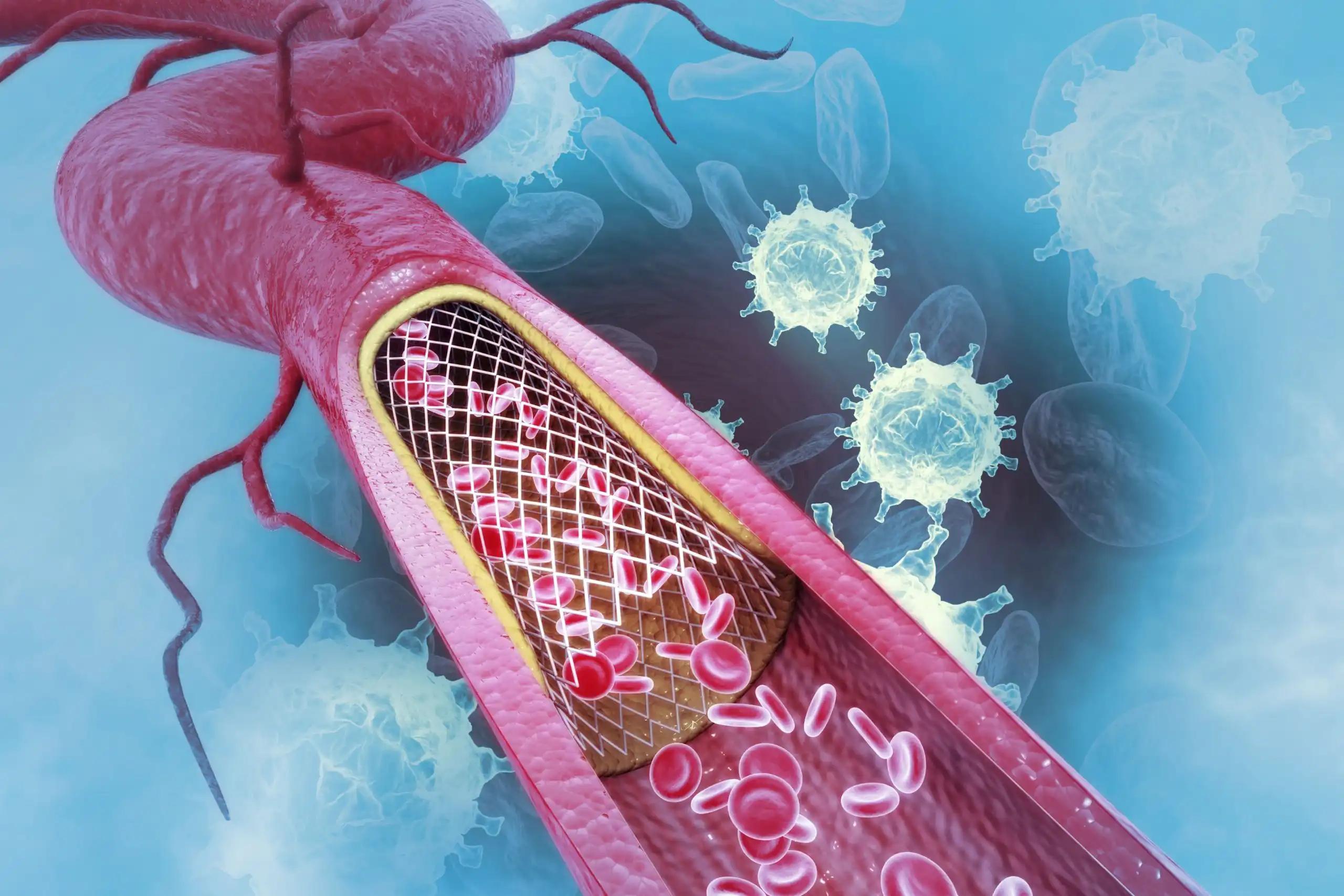KEY TAKEAWAYS
- The phase 3 COMBI-AD study utilized the number needed to treat (NNT) and the number needed to harm (NNH) to estimate the benefits and harms of therapeutic interventions in stage II-III resected melanoma.
- The primary aim was to characterize the effectiveness and safety of Pembro and D-T as adjuvant therapies.
- Data extraction was performed on three phase-III clinical trials (KEYNOTE-716, KEYNOTE-054, and COMBI-AD) comparing adjuvant therapies.
- The NNT for relapse-free survival was calculated, and the NNH for grade ≥ 3 and grade 5 adverse events were determined.
- In some trials, the NNTs were lower in subgroups with specific characteristics (e.g., macroscopic lymph node invasion and ulceration).
- The study concluded that NNT and NNH provide a valuable assessment of the effectiveness and safety of Pembro and D-T in this context
The NNT and NNH are straightforward and comprehensible tools that estimate the extent of the advantages and disadvantages of a therapeutic intervention. The objective of this study was to utilize numerical data to characterize the effectiveness and safety of pembrolizumab (Pembro) and dabrafenib plus trametinib (D-T) as adjuvant therapies in Stage II-III resected melanoma. Data extraction was performed on three phase-III clinical trials comparing Adj therapies to placebo in melanoma, namely KEYNOTE-716 (KN-716), KEYNOTE-054 (KN-054), and COMBI-AD (C-AD). The NNT for relapse-free survival (RFS) was determined by taking the reciprocal of the absolute risk reduction and rounding it up to the nearest integer. The NNH for grade ≥ 3 (AEG≥3) and grade 5 adverse events (AEG5) was determined by taking the inverse of the absolute risk increase and rounding it down to the nearest whole number. If possible, calculations were conducted in the entire population and primary subgroups.
Lower numbers needed to treat (NNT) were observed in the T3b and T4a subgroups of KN-716, in contrast to the overall population and T4b subgroup. Conversely, there was a slight reduction in NNT as the severity of St increased in both KN-054 and C-AD. The number needed to treat (NNT) was comparatively lower in the study group (SG) that exhibited macroscopic lymph node invasion (LNi) in KN-054 solely and in the presence of both ulceration (ulc) and macroscopic LNi in KN-054 and C-AD. The number needed to harm (NNH) for AEG≥3 was 3 for C-AD, 7 for KN-054, and 11 for KN-716. Meanwhile, the NNHs for AEG5 were notably elevated in all trials.
The examination of NNT and NNH provided the investigators with a concise, expeditious, and valuable assessment of the effectiveness and safety of Pembro and D-T in this particular context. If the data is validated, it may support their utilization in the clinical decision-making process. Although there are limitations to the study, certain clinical interventions may have a slightly more favorable risk-to-benefit ratio.
Source:https://oncologypro.esmo.org/meeting-resources/esmo-congress/number-needed-to-treat-nnt-and-number-needed-to-harm-nnh-to-estimate-clinical-efficacy-and-safety-of-new-adjuvant-adj-therapies-for-resected
Clinical Trial: https://clinicaltrials.gov/ct2/show/NCT01682083
D. Zara, B. Pastò, M. Garutti, M. Bartoletti, L. Palmero, E. Bertoli, C. Noto, L. Cucciniello, F. Totaro, M. Rizzetto, T. Pivetta, A. Membrino, A. Freschi, S. Bolzonello, F. Puglisi/Number needed to treat (NNT) and number needed to harm (NNH) to estimate clinical efficacy and safety of new adjuvant (Adj) therapies for resected stage (St) II-III melanoma/oncologypro.esmo.org. (n.d.). ESMO Congress | OncologyPRO. [online] Available at: https://oncologypro.esmo.org/meeting-resources/esmo-congress/number-needed-to-treat-nnt-and-number-needed-to-harm-nnh-to-estimate-clinical-efficacy-and-safety-of-new-adjuvant-adj-therapies-for-resected [Accessed 4 May 2023].



